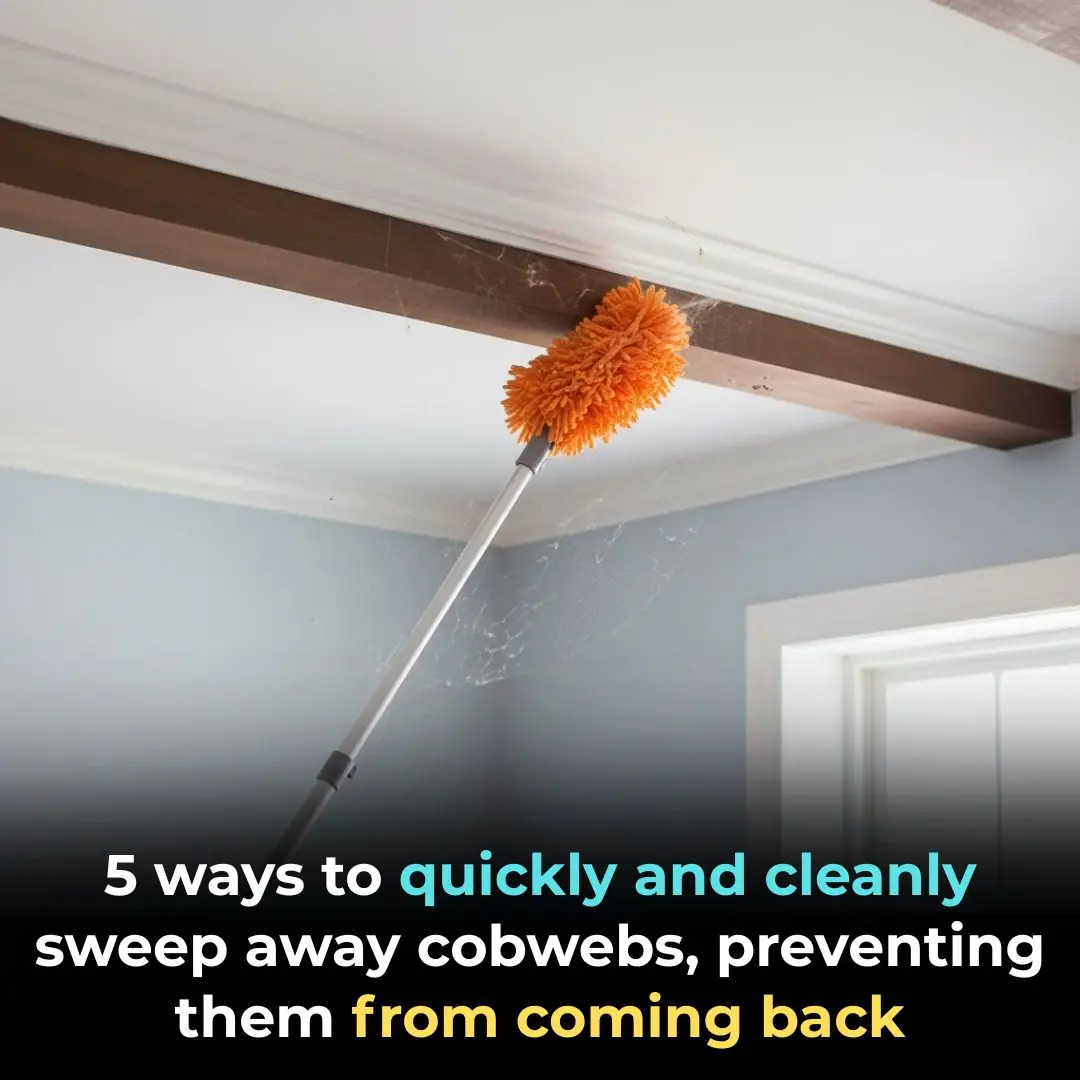
4 Warning Signs Your Water Heater Could Be Dangerous — Stop Using It Immediately

If your water heater shows any of these four warning signs, you should stop using it right away. These symptoms could indicate electrical leakage, short circuits, or even fire and explosion risks.
A water heater is an essential household appliance, especially during cold weather, providing hot water for daily use. However, because it operates with both electricity and water — two elements that should never mix — it can become extremely dangerous when not properly maintained. Over time, components may corrode, loosen, or fail, leading to serious safety hazards.
Below are the four warning signs that your water heater might be unsafe to use.
⚠️ 1. Rust or Corrosion on Metal Parts
The most common and often overlooked danger sign is rust on the metal components — especially around wiring connections, screws, or the temperature control knobs.
Water heaters are typically installed in humid environments like bathrooms, where constant moisture can accelerate corrosion. When metal parts start to rust, they can weaken, break, or cause water and electricity to leak, increasing the risk of electric shock or fire.
If you notice discoloration, flaking metal, or visible rust, stop using the heater immediately and call a technician to inspect or replace the damaged components. Prolonged exposure to rust can also damage internal wiring insulation, creating hidden electrical faults.
💡 Tip: Consider using anti-rust spray and ensure your bathroom has good ventilation to reduce humidity.
⚠️ 2. Unusual Noises Coming from the Heater
Hearing strange sounds—such as hissing, knocking, or rumbling—while the heater is operating is another red flag. This can happen for two main reasons:
-
Impure or mineral-rich water entering the tank.
-
A faulty pressure relief valve.
The pressure relief valve is designed to release excess steam or pressure when the water inside gets too hot. If this valve malfunctions, steam cannot escape, causing internal pressure to build up. Over time, that pressure could crack the tank or even cause an explosion.
If your heater makes unfamiliar noises, unplug it immediately and contact a professional to inspect or replace the valve.
🚫 Never try to repair or block the valve yourself — this is one of the most critical safety mechanisms of your water heater.
⚠️ 3. Water Leakage
Water leaks are one of the most dangerous yet subtle problems in a water heater. Leaks usually appear around the heating element or pipe joints, and if not addressed quickly, can lead to severe rusting or electrical faults.
If the leaked water has a yellowish tint, it may indicate corrosion inside the heating element — a sign of potential electric current leakage. This can cause mild shocks when touching metal parts, or worse, short circuits and fires.
Other causes include:
-
Loose or damaged rubber gaskets
-
Cracked water tank
-
Loose pipe fittings
Whenever you notice moisture or dripping water near the heater, turn off the power supply immediately and avoid touching the appliance until a technician can safely inspect it.
⚡ Safety reminder: Even small leaks can conduct electricity — never attempt to test or repair them with bare hands.
⚠️ 4. The Heater Fails to Heat Water
If your water heater suddenly stops heating, it may seem like a minor issue, but it could actually signal a serious internal malfunction. Common causes include:
-
Power supply instability
-
Insufficient water pressure
-
Faulty heating element
-
Damaged thermostat or temperature sensor
However, the most dangerous situation occurs when the heater runs without water in the tank. If the heating element is exposed and continues to draw current, it can overheat rapidly, leading to melting, short circuits, or explosions.
If your heater isn’t producing hot water, turn it off immediately and check if the tank is full before restarting. If the issue persists, seek professional help instead of attempting self-repair.
🧰 How to Prevent Water Heater Accidents
-
Have your water heater professionally serviced every 6–12 months.
-
Install a circuit breaker or RCD (residual current device) to automatically cut power during electrical leakage.
-
Keep the area around the heater dry and well-ventilated.
-
Replace worn-out parts such as gaskets, wires, and valves as soon as you notice damage.
-
Always switch off the heater before showering to minimize electric shock risks.
⚡ Final Advice
A water heater is convenient but potentially dangerous when neglected. If you spot rust, leaks, strange noises, or heating issues, don’t ignore them. Unplug the device, avoid water contact, and call a certified technician for inspection.
A few minutes of caution can prevent devastating accidents and keep your household safe.
News in the same category


How to store grapefruit for Tet without wilting or rotting, grapefruit is very sweet when in water

Tips to make boiled banh chung cook quickly and stay green naturally

Dirty cobwebs all over the ceiling, just do this way and it will be clean, no need to clean

How to cook delicious, non-bitter stuffed bitter melon soup
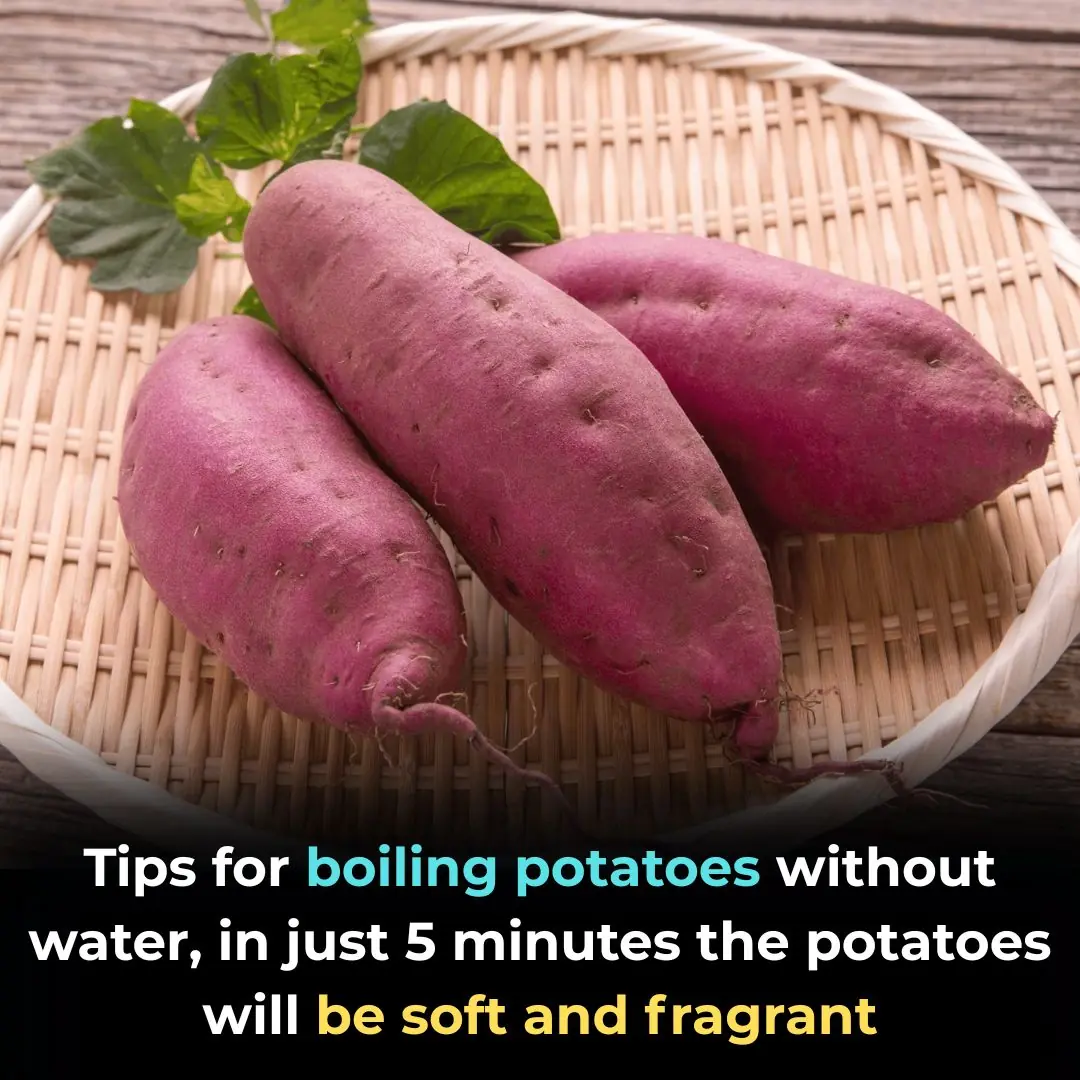
Tips for boiling potatoes without water, in just 5 minutes the potatoes will be soft and fragrant

Fry spring rolls without breaking them, do this extra step, out of 10 they will be golden and crispy, can be kept for a long time without getting soggy

Tips to keep peach blossoms blooming on the first day of Tet and staying fresh for a long time
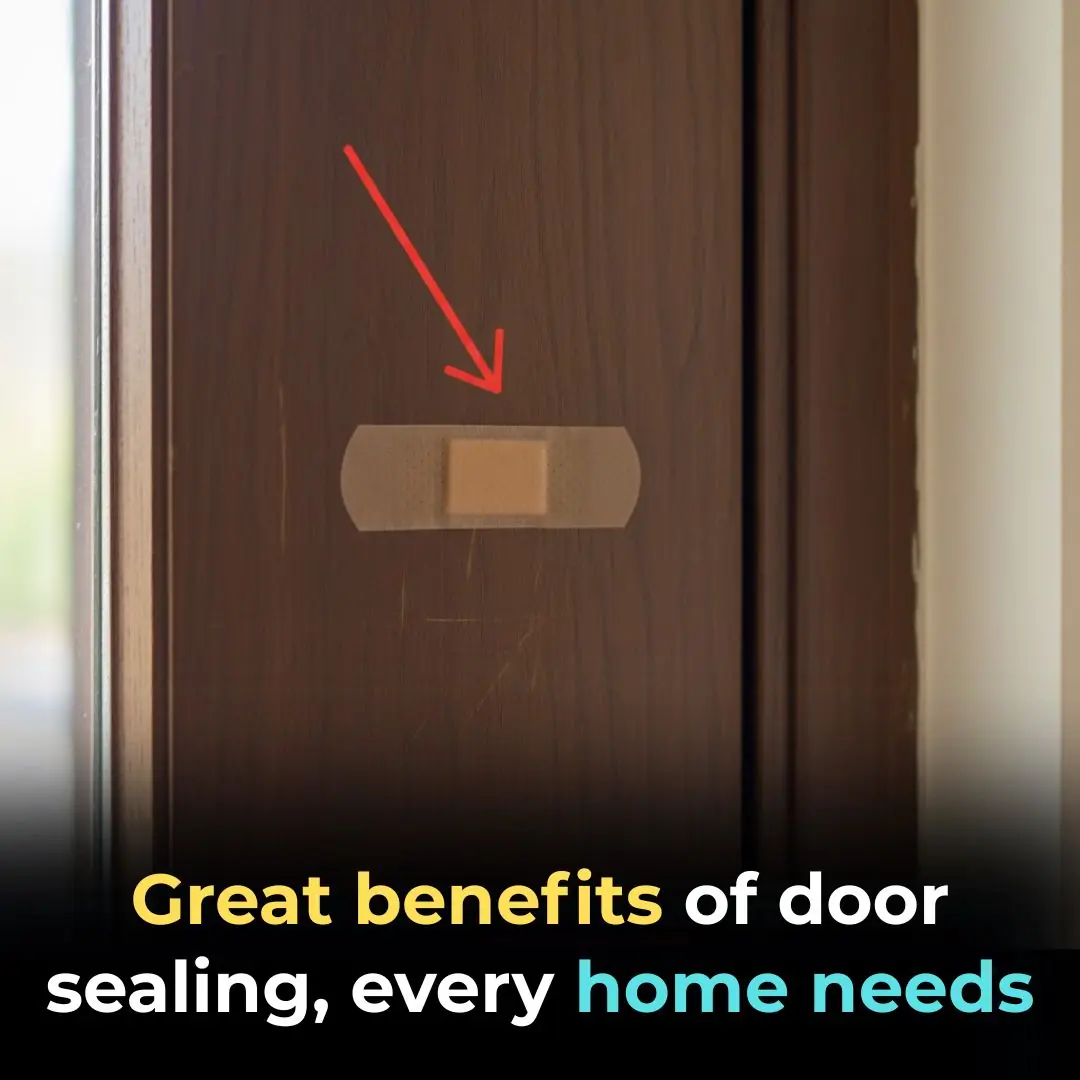
Amazing Benefits of Sticking Urgo Patches on Doors — Every Home Should Try This

Tips to Fade Freckles for a More Even and Radiant Complexion

Don’t Use a Whetstone on Dull Scissors — Try This Simple Trick to Make Them Sharp as New

What Can You Do with Expired Yogurt?

When making spring roll filling, remember 1 step carefully

Washing and conditioning hair with beer helps reduce hair loss and stimulates continuous hair growth

Soak your whole body with warm ginger water before going to bed.

Add ice cubes to the bone broth
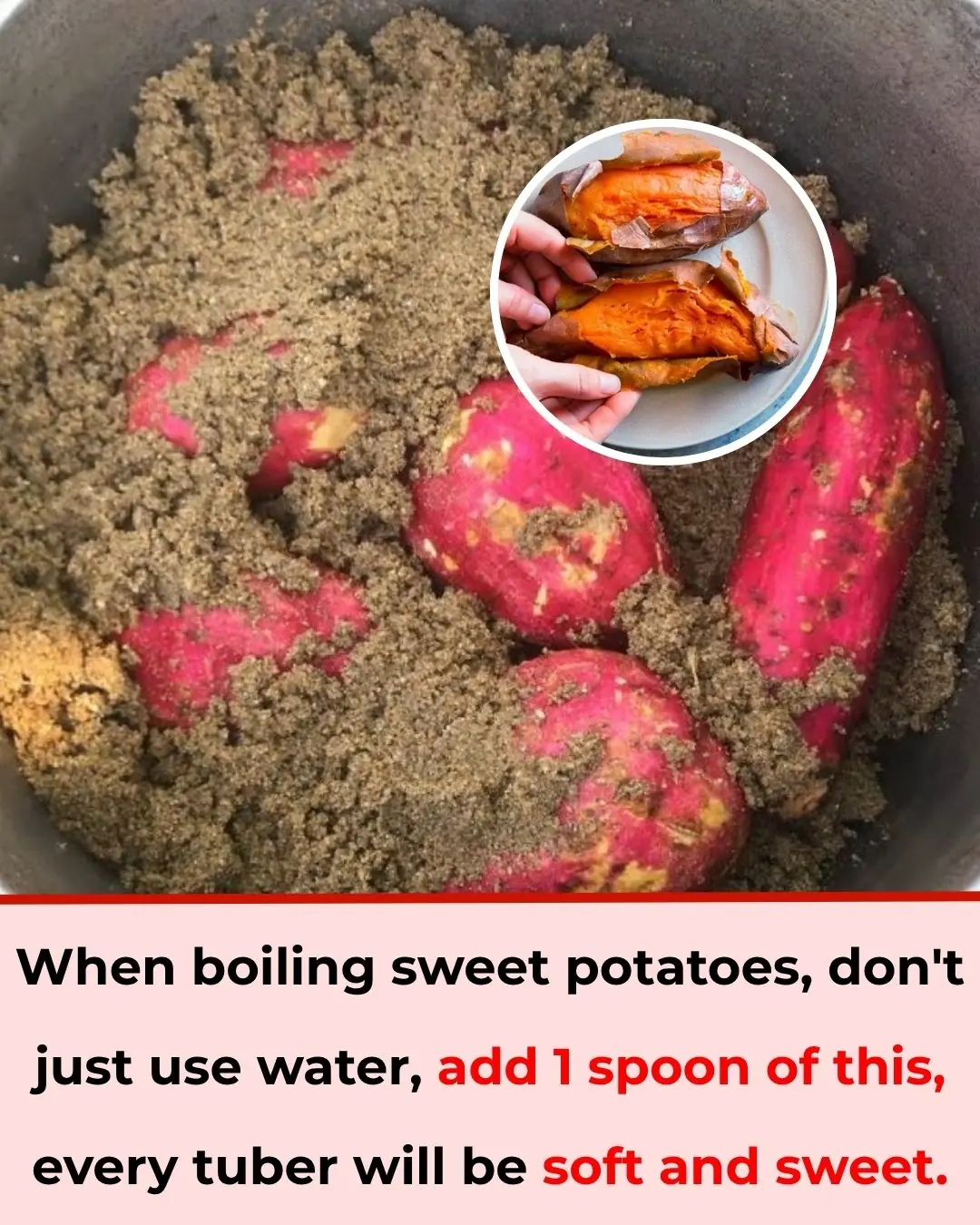
When boiling sweet potatoes, don't just use water, add 1 spoon of this, every tuber will be soft and sweet

Stir-fried beef is tough: Add these 3 steps, the meat will be softer, sweeter, and tastier than in restaurants
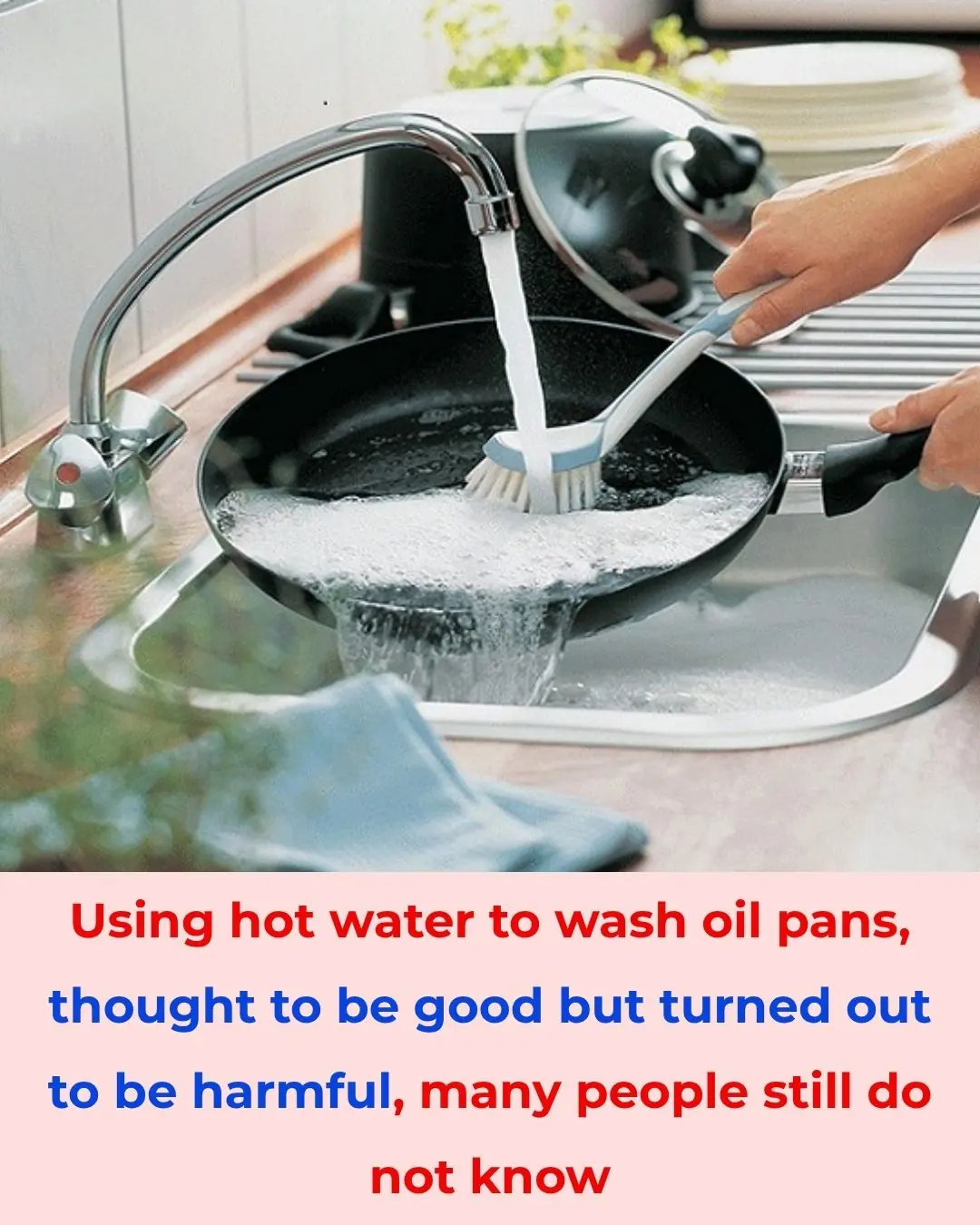
Using Hot Water to Clean a Greasy Pan Sounds Smart — But It’s Actually Doing More Harm Than Good
News Post

Ariana Grande opens up on 'toughest struggle' that only Taylor Swift understands

Britney Spears family 'rallying' around her amid 'more worried than ever' concerns

Warning: 12 Weird Signs That Show You’re Having Liver Damage

Strictly star Amy Dowden's 'life changed forever' after terrifying realisation in cancer battle

Why many experts advise against sleeping with window open

5 ways to quickly and cleanly sweep away cobwebs, preventing them from coming back

Top 3 Vitamins for Hip Arthritis

How to store grapefruit for Tet without wilting or rotting, grapefruit is very sweet when in water

How to Use Guava to Care for Your Eyes: Natural Remedies That Surprise 🌿

Tips to make boiled banh chung cook quickly and stay green naturally

Dirty cobwebs all over the ceiling, just do this way and it will be clean, no need to clean

How to cook delicious, non-bitter stuffed bitter melon soup

Tips for boiling potatoes without water, in just 5 minutes the potatoes will be soft and fragrant

Fry spring rolls without breaking them, do this extra step, out of 10 they will be golden and crispy, can be kept for a long time without getting soggy

Tips to keep peach blossoms blooming on the first day of Tet and staying fresh for a long time

Roselle: The Scarlet Herbal Treasure with Powerful Health Benefits

Drink Cloves with Cinnamon First Thing in the Morning: See What Happens to Your Body the Next Day!

‘You Showing Why Ion FW Yo Kind’: Kendrick Perkins Has Pulled His Support For NBA Star Ja Morant, Fans Wonder Will He Ever Grow Up

Dawn Staley Tells A’ja Wilson Her SC Gamecocks Jersey Will Officially Be Retired in Heartwarming Call
